Description
1. Understanding the Vegan Equestrian Philosophy
The vegan equestrian lifestyle transcends the conventional approach to horse care and riding. It is rooted in the principles of:
- Compassion: Avoiding products and practices that exploit or harm animals.
- Sustainability: Using environmentally friendly and plant-based materials.
- Respect for Nature: Preserving ecosystems and promoting natural coexistence.
Adopting this mindset not only benefits the animals but also contributes to a healthier planet and a more fulfilling equestrian experience.
2. Vegan Horse Care Essentials
Caring for your horse in a vegan manner involves reevaluating traditional practices. Here’s how:
Nutrition
Horses thrive on a plant-based diet, but understanding their specific nutritional needs is crucial. Key aspects include:
- Forage First: High-quality hay and pasture remain the foundation of equine nutrition.
- Plant-Based Supplements: Replace gelatin-based or animal-derived supplements with vegan alternatives to meet vitamin and mineral requirements.
- Avoid Animal By-products: Check for hidden ingredients like bone meal or fish oil in commercial feeds.
Grooming and Tack
Switch to cruelty-free grooming tools and accessories:
- Natural Brushes: Opt for brushes made from bamboo and plant-based bristles.
- Vegan Leather Tack: Replace traditional leather saddles and bridles with high-quality synthetic or cork alternatives.
- Non-Toxic Products: Use plant-based shampoos, conditioners, and hoof care products.
3. Ethical Riding Practices
Riding with respect for your horse involves:
- Listening to Your Horse: Understanding body language and signs of discomfort.
- Balanced Training: Prioritizing exercises that build trust and strength without causing harm.
- Positive Reinforcement: Reward-based methods instead of forceful techniques.
These practices foster a deeper connection and mutual respect between you and your horse.
4. Sustainable Equestrian Equipment
Traditional equestrian equipment often includes leather, wool, or animal-based adhesives. By choosing sustainable options, you support ethical manufacturing practices:
- Synthetic Saddles and Bridles: Durable, lightweight, and eco-friendly alternatives to leather.
- Vegan Riding Boots and Gloves: Made from materials like microfiber, cork, or recycled materials.
- Eco-Friendly Stable Supplies: Use biodegradable buckets, feed bags, and storage solutions.
5. Building a Vegan Equestrian Community
Adopting a vegan equestrian lifestyle is more impactful when shared with like-minded individuals. Ways to grow your community include:
- Joining Vegan Equestrian Groups: Participate in forums, social media groups, and local meet-ups.
- Educational Outreach: Advocate for ethical horsemanship through workshops and seminars.
- Supporting Vegan Brands: Choose companies that align with your values, encouraging a market shift toward cruelty-free products.
6. Overcoming Challenges
Transitioning to a vegan equestrian lifestyle may present challenges, such as:
- Finding Products: Locating vegan equestrian gear can be difficult but is becoming easier with online retailers.
- Addressing Misconceptions: Educating others about the feasibility and benefits of vegan practices in equestrianism.
- Navigating Social Norms: Staying true to your values amidst traditional equestrian settings.
With persistence and community support, these hurdles can be overcome, paving the way for a more ethical equestrian world.
7. The Future of Vegan Equestrianism
As awareness grows, the vegan equestrian movement is gaining traction. Innovations in technology and sustainable practices are leading to:
- Advanced Vegan Materials: Development of more durable, comfortable alternatives to animal-based products.
- Research on Horse Nutrition: Expanding the understanding of plant-based diets for optimal equine health.
- Global Advocacy: Increasing efforts to promote cruelty-free practices in equestrian sports and leisure.
By embracing these advancements, you contribute to a brighter, more compassionate future for horses and humans alike.
8. Getting Started with Vegan Equestrianism
Ready to embark on your journey? Here are actionable steps:
- Audit Your Gear: Identify and replace non-vegan items in your equestrian toolkit.
- Educate Yourself: Read books, follow blogs, and consult experts on vegan horse care.
- Connect with Others: Engage with the vegan equestrian community for support and inspiration.
- Lead by Example: Demonstrate the benefits of vegan equestrianism to inspire change.
Conclusion
The Vegan Equestrian Horse lifestyle is more than a choice; it’s a commitment to ethical, sustainable, and compassionate living. By aligning your equestrian practices with vegan values, you honor the bond between humans and horses while contributing to a kinder, more sustainable world.
Whether you’re a seasoned rider or new to the equestrian world, embracing this lifestyle empowers you to make a positive impact on the lives of animals, the environment, and future generations. Join the movement today and redefine what it means to be a responsible equestrian!

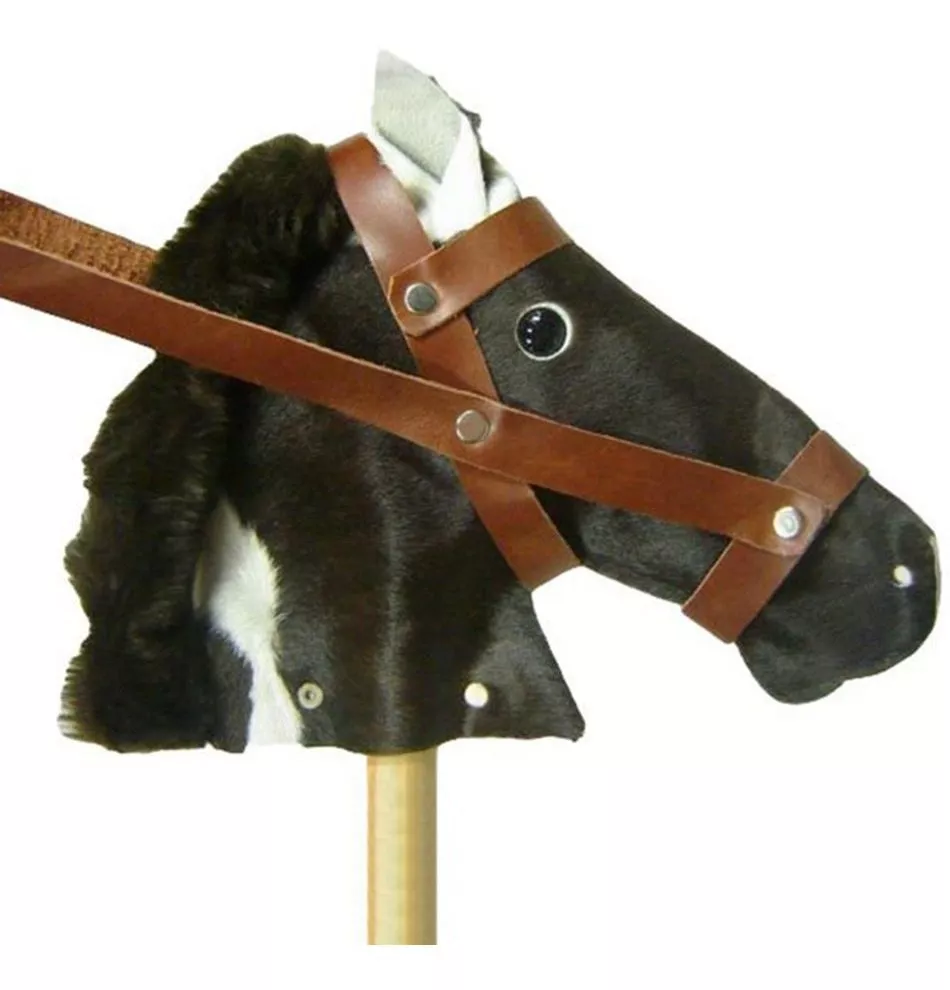
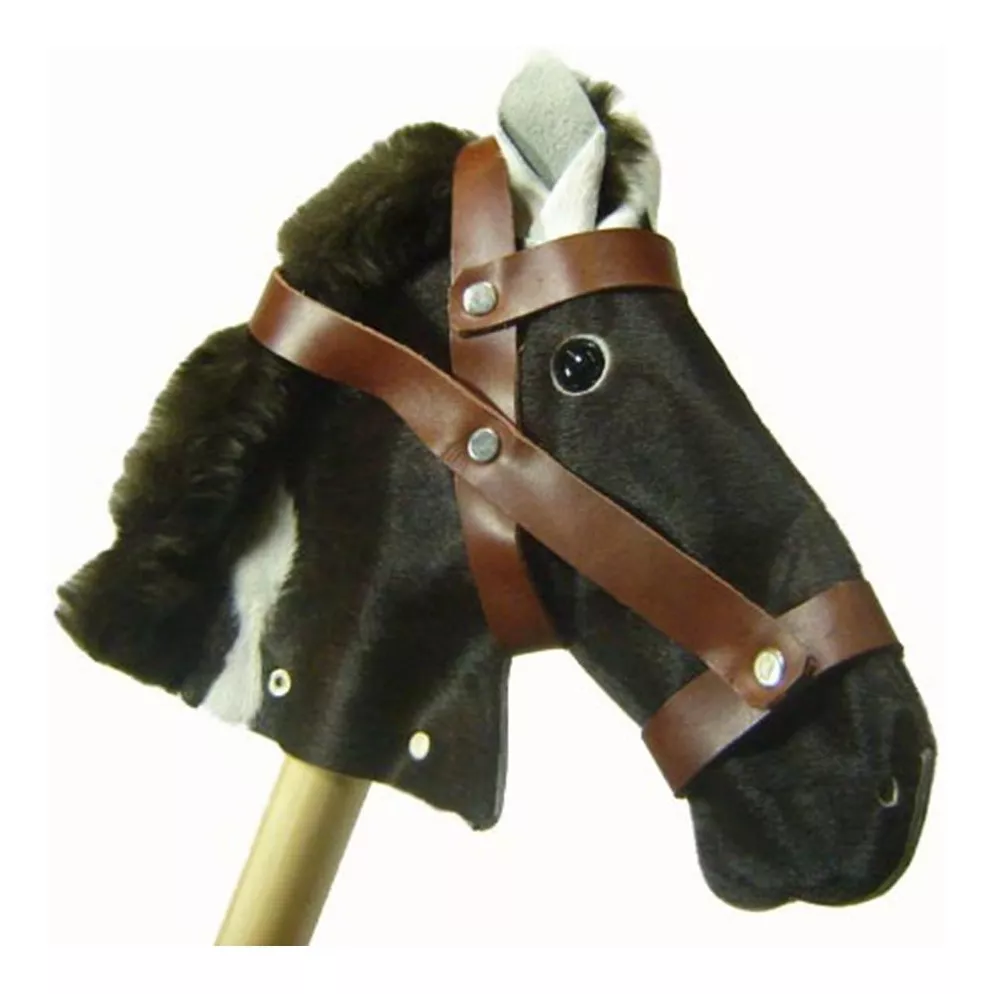
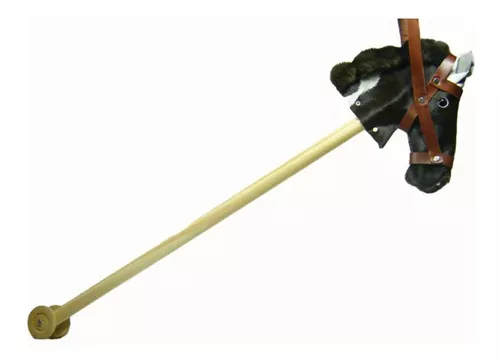
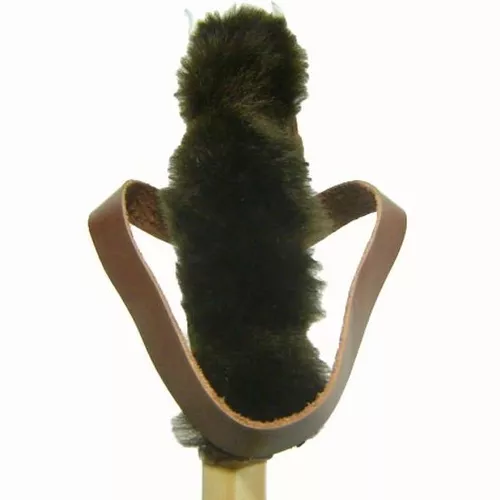
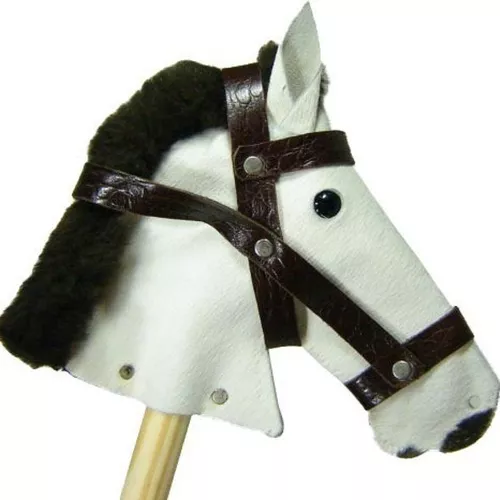



Reviews
There are no reviews yet.